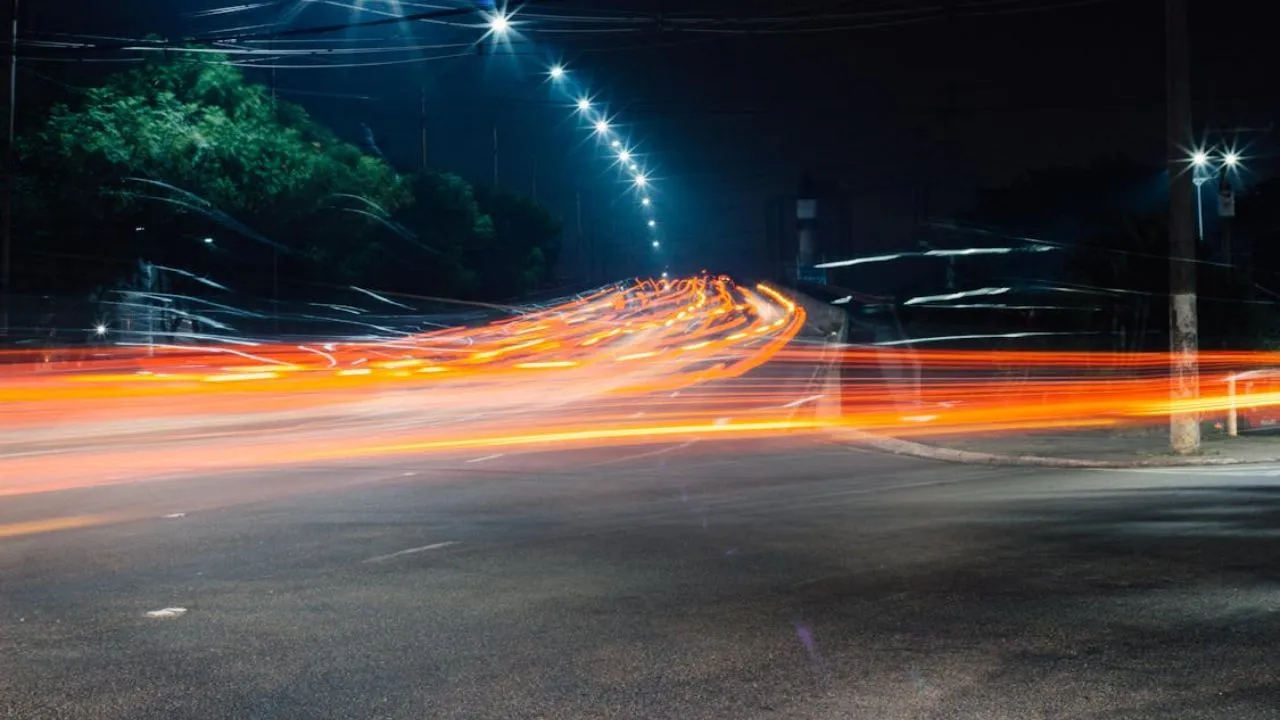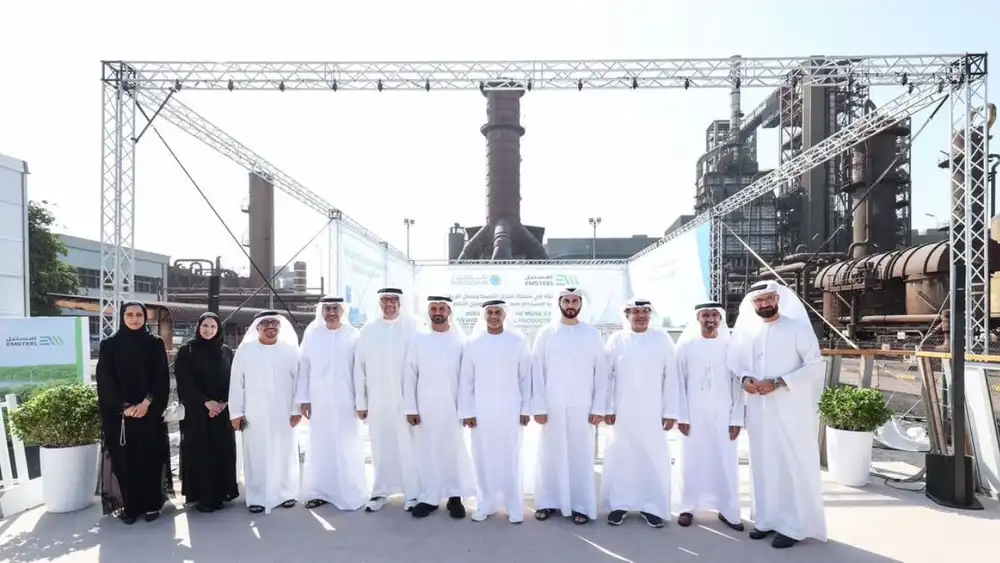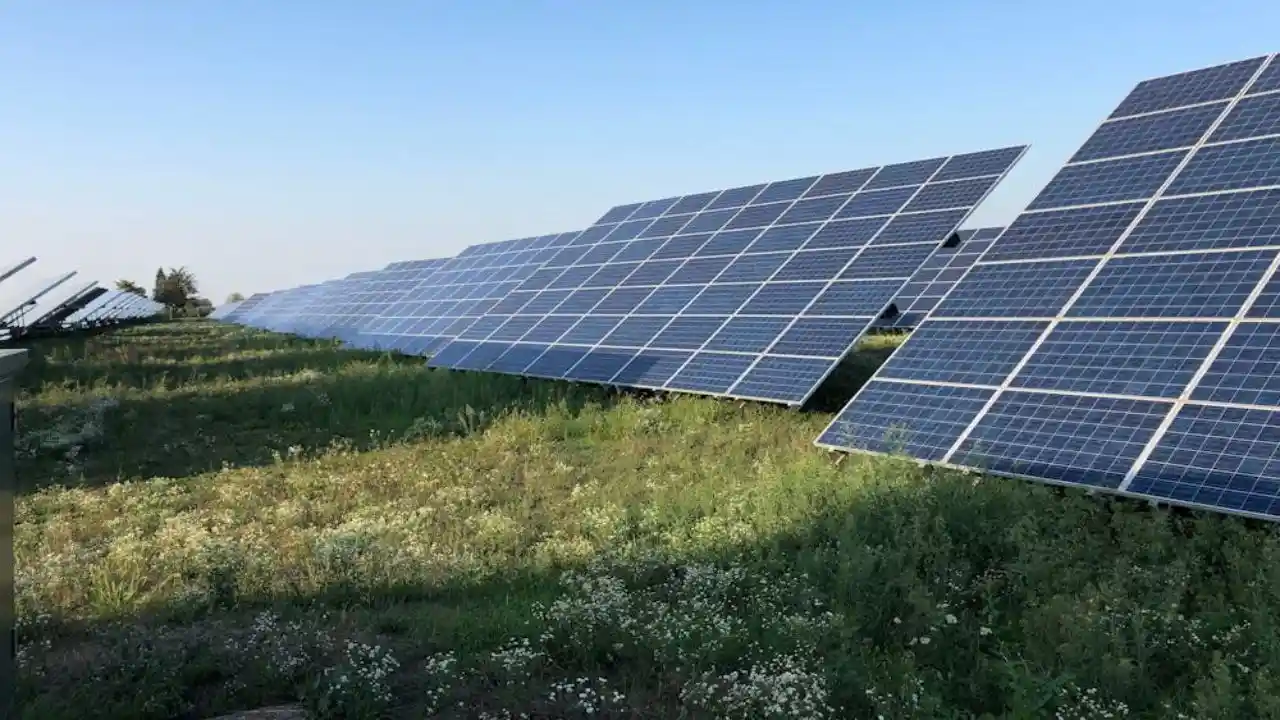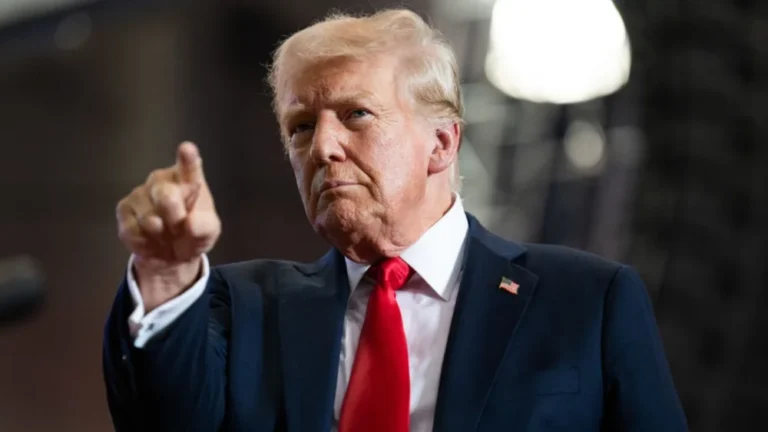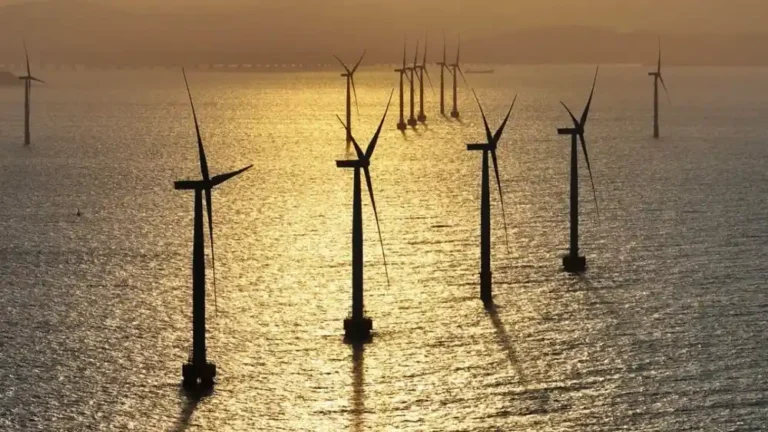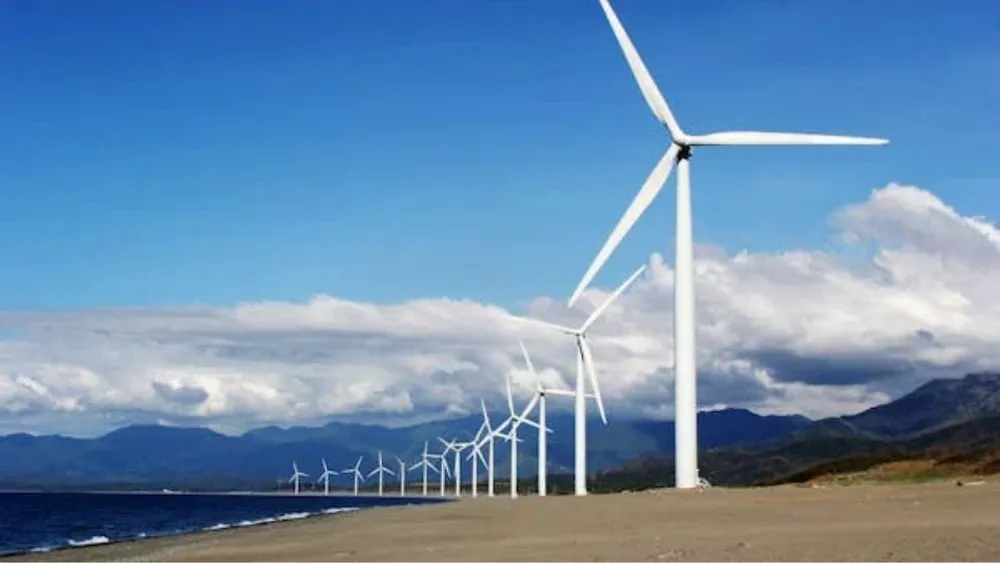
- Pennsylvania ranks 48th among the states when it comes to renewable energy growth.
- 3% of Pennsylvania’s energy supply is sourced from renewables-almost the same as it was in 2014.
- PA sees 4,000% jump in electric vehicle registrations—the 14th hottest state with EV registration growth in the country
- Advocates are urging the state to support Governor Shapiro’s Clean Energy Plan.
Renewable energy development over the past decade ranks Pennsylvania a poor 48th among the country’s states and the District of Columbia, according to data in Renewables on the Rise 2024 from the PennEnvironment Research & Policy Center. Electric vehicle adoption is ahead and infrastructure growth is improving, but the state lags in other areas: solar, wind, and geothermal. Last year, renewables made up only 3% of total energy sales in the state.
Also read: Treaty Oak Clean Energy Unveils 100 MW Solar Project in Grant County
According to the report, renewable energy production currently covers less than 2% of Pennsylvania’s homes, and it has a very low growth rate that hasn’t increased much since 2014. “Pennsylvania has been missing out on the renewable energy party happening nationwide, but it doesn’t have to be that way,” said Ellie Kerns, Climate and Clean Energy Advocate at PennEnvironment Research & Policy Center. Kerns will also advocate for the passage of Governor Shapiro’s Clean Energy Plan, which will form the bedrock of an energy increase in this state.
Pennsylvania, although still low on the list of renewable energy production, has gained some momentum with electric vehicle infrastructure. Since 2013, the number of electric vehicles registered in Pennsylvania has increased by 4,000%, and Pennsylvania has risen to 14th in the country in owning electric vehicles.
The state also expanded its EV charging stations, installing 11-fold ports that rank 11th in the nation. “Continued investments in EV infrastructure ensure the future of transportation in Pennsylvania is cleaner, safer, and more reliable,” Infrastructure Implementation Coordinator Natasha Fackler said of PennDOT.
While Pennsylvania’s use of solar energy has tripled over the past five years, positioning it at 26th in the United States, the state is still more behind neighborly states like New York, New Jersey, and Maryland. In fact, McClure Company’s VP of Sales & Marketing, Alyssa Wingenfield, called for greater collaboration: “Solar energy is a powerful tool for building a sustainable future.
Also read: Arizona Sees 187% Surge in Solar and Wind Energy
PennEnvironment also urged the state legislature to enact the Clean Energy Plan introduced by Governor Shapiro, which includes House Bill 2277 and Senate Bill 1190, placing a requirement on the state’s utility companies to secure 35 percent of their energy from renewables by 2035. Other bills include House Bill 2275 and Senate Bill 1191 that charge the greatest polluters in Pennsylvania for their emissions and use the funds generated for clean energy programs.
Aaron Nichols, marketing & advocacy specialist with Exact Solar, said Pennsylvania can take advantage of the opportunity to change from a laggard into a leader in the shift towards renewable energy. “Every state bordering Pennsylvania (except West Virginia) has more aggressive renewable energy targets. It’s time for Pennsylvania to not only catch up but to lead in clean energy.
The 2022 federal Inflation Reduction Act with its provisions of tax credits for renewable energy and electric vehicles provides additional incentives to the residents of Pennsylvania to be adopting clean energy. “Our Renewables on the Rise report is a timely reminder of Pennsylvania’s largely untapped clean energy potential. Pennsylvanians are already reaping some benefits, but there’s so much more we can achieve by passing Governor Shapiro’s Clean Energy Plan.
Also read: Wind Energy’s Role in Transforming Rural America
However, Pennsylvania still has a long way to catch up in electric vehicles and solar power than the national trend. Proponents of the state’s Clean Energy Plan call for legislative initiative to enable Pennsylvania to tap into its full clean energy potential and be one of the top players in clean energy practice.

